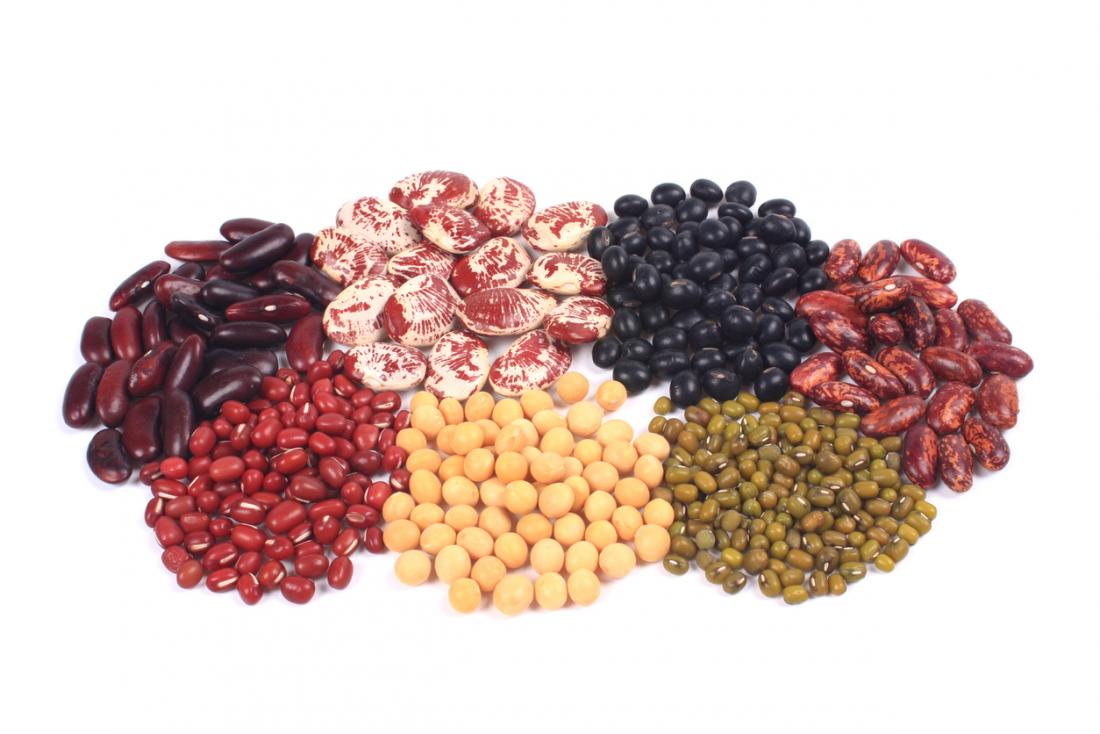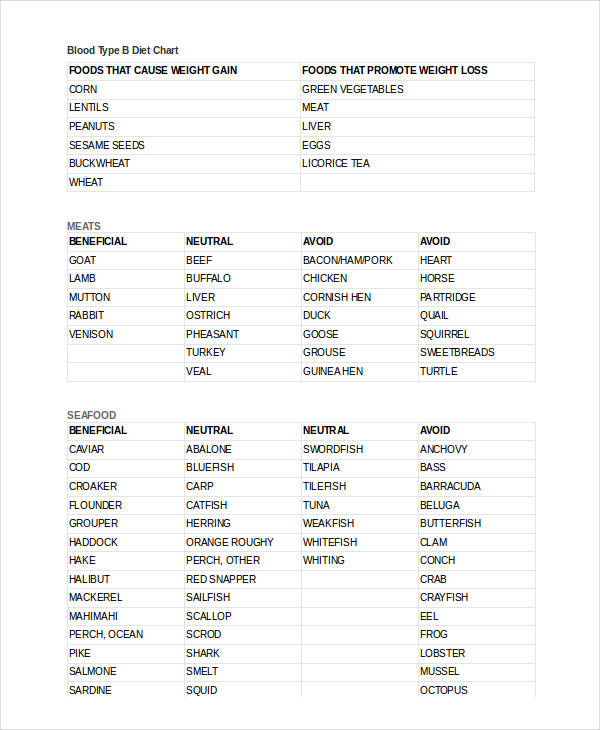

Once you know your blood type, you can do further research to learn more specific information about the foods you should be eating. Avoid dairy, wheat, pasta and most of the foods that are said to complement the A blood type. This blood type should get a fair amount of protein from meat, with fruits and vegetables contributing to their diet as well. D'Adamo says it's only natural to enjoy a carnivore's lifestyle. These ancestors were hunters and survived by eating meat. Type O is the most common blood type, and is said to have descended from Africans and American Indians. He also proposes that you take the same approach to dairy.

D'Adamo, the best approach is to take on the vegetarian lifestyle, while incorporating small amounts of lean protein like fish or chicken.

People with AB blood should find a happy medium between the vegetarian lifestyle of their A side and the varied lifestyle of their B. Naturally, AB is a combination of A and B. D'Adamo suggests staying away from processed foods, as they lack many essential nutrients, and mixing up your diet with proteins and carbs. D'Adamo believes that their bodies adapted many times over, making their blood capable of accepting any available nourishment. Thought to have descended from Europe, India and Eastern Asia, these ancestors roamed all over. So bologna is ruled out for type As, but just what are the other diet specifics? Check out the next page to learn about the diet, and then continue on to the specific foods that fit your blood type.įor those of you with type B blood, you can enjoy a little more freedom than the other blood types. While there's still room for study, many experts agree that the basis behind the diet is bologna, which incidentally is a major no-no for those of us with type A blood. It's likely that people find success not because the diet is revolutionary, but because they changed their lifestyle by restricting non-nutritional foods. There is no concrete evidence that links blood type to digestion, and the restriction of entire nutritional food groups may have a negative impact on your body. Research and support for this diet are lacking at this time. But the basic concept that blood type is linked to digestion has many critics. Some doctors believe it's a good diet plan because it encourages you to monitor what you're eating and guides you away from fast food and other less than nutritional meals. And as a result, some people have found success. The blood type diet warns against eating overly fatty foods and incorporates exercise into your daily routine. When you're choosing to eat healthful foods and restricting your intake of overly fatty or processed foods, you'll probably see positive side effects, such as weight loss or increased energy levels. Therefore, knowing your blood type - either A, B, AB, or O - will help you distinguish which foods are best for your body. D'Adamo theorizes that the blood's antigens react in a similar manner to foods, designating them as acceptable or threats.

When foreign particles enter the body, the antigens either let them through or recognize them as threats and attack. The theory is that each blood type has specific antigens that control bodily function, such as the immune and digestive systems. Peter D'Adamo published a book in which he outlined a diet based on different blood types. That's because it's widely accepted in the medical field that diets aren't "one size fits all." To find true success, each person needs to find a diet that suits his or her body. Sometimes, you even gain the weight back. But then, as time goes by, the amount you lose starts to level off while your friend keeps shedding the pounds. You and a friend find a new diet, stick to it and lose a few pounds.


 0 kommentar(er)
0 kommentar(er)
